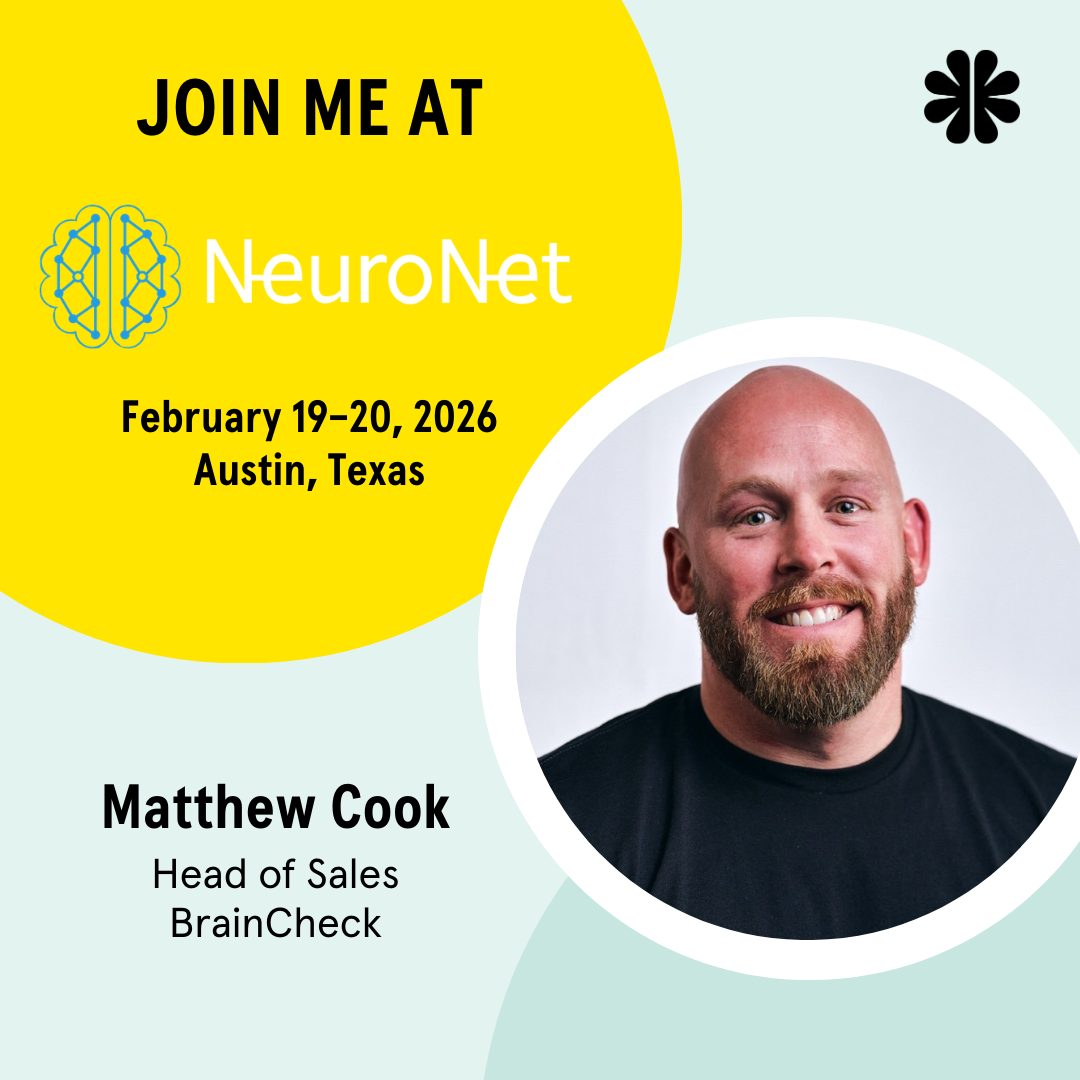Staying aware of cognitive health with cognitive testing can help both physicians and patients effectively manage the aging process.
As a validated cognitive testing platform, BrainCheck is an easy way to quickly assess cognition, and provides immediate, validated, norm-based results. Knowing how to read, interpret, and contextualize the results is essential for use in diagnosis.
BrainCheck’s Cognitive Assessments and Results
A typical BrainCheck administration involves tests of memory (immediate- and delayed-recall) and of cognitive processing and executive function (digit-symbol substitution, trail-making, Stroop Interference). Once a patient has completed the assessments, the BrainCheck platform immediately provides validated, norm-based scores to the clinician and generates a report of the results.
For each individual test, the BrainCheck platform provides standard scores and percentile ranks. Additionally, the platform provides a composite score for an overall assessment of cognitive function. These scores are adjusted for age, derived from a normative database ranging from ages 10 to 99.
Using Cognitive Testing Results in Diagnoses
Patient scores that fall within a range of one standard deviation above and below the mean indicate “normal” cognitive function. Low scores outside of this range suggest cognitive impairment.
However, BrainCheck is a diagnostic aid — not a stand-alone diagnostic. As such, physicians should view test results in light of patient history, other diagnostics, and current observations to establish a diagnosis.
Look for Trends and Patterns
When reviewing the results, trends and patterns in the scores may become apparent. Scores may be consistently low or only low in certain domains, providing valuable insight.
For example, if memory scores are significantly low while other domains are spared, this may be consistent with amnestic mild cognitive impairment (aMCI), which would imply the need for particular surveillance of memory impairment, with inputs from patient as well as family.
In non-amnestic MCI (nMCI), memory is preserved while one or more non-memory domains are impaired, which would prompt follow-up assessment of judgement, problem-solving, and ability to navigate ordinary life tasks.1
Relate the Results to Patient History
Following your review of the results of the cognitive testing, consider what you’ve learned from listening to and examining the patient:
- Do the test results seem consistent or inconsistent with self-report?
- Are changes sudden or gradually more noticeable over time?
- Have you heard complaints of difficulty concentrating, increasing inability to handle multi-step tasks or instructions, or visuospatial deficits?
The answers to these questions can provide valuable context to the results of the cognitive assessment.
Consider additional factors
Lastly, consider other factors that could impair cognition. Insomnia and sleep apnea can have significant impacts on cognition. Major depression does, also. Medication side effects and drug-drug interactions are frequent culprits of cognitive difficulties in seniors. Over-the-counter medications, particularly those with strong anticholinergic properties, can play a role. Current or historical heavy alcohol use should be considered, too, as well as use of cannabis (rapidly increasing in aging boomers).
BrainCheck Helps Physicians Better Serve Patients
With the population of seniors only expected to grow, comprehensive insight into early symptoms is crucial as more and more individuals face the risk of cognitive impairment.
Individuals in the early stages of cognitive impairment may be unaware of changes in memory and thinking. Cognitive assessment can make them aware of potential issues. Following up with a cognitive care plan could even help slow its progression. On the other hand, some individuals with normal, age-related cognitive changes can be highly anxious about perceived deficits, particularly if there is a family history of dementia. Sharing test results showing normal range scores can help reassure these patients.
Combining the validated, objective results of BrainCheck’s cognitive assessments with their own observations and knowledge of patients’ histories, physicians can have a more comprehensive picture of cognitive health.
Learn more about how BrainCheck can help you serve your patients »
References
- Subramanyam AA, Singh S. “Mild cognitive decline: Concept, types, presentation, and management.” Journal of Geriatric Mental Health. 2016; 3:10-20. http://www.jgmh.org/text.asp?2016/3/1/10/181910




